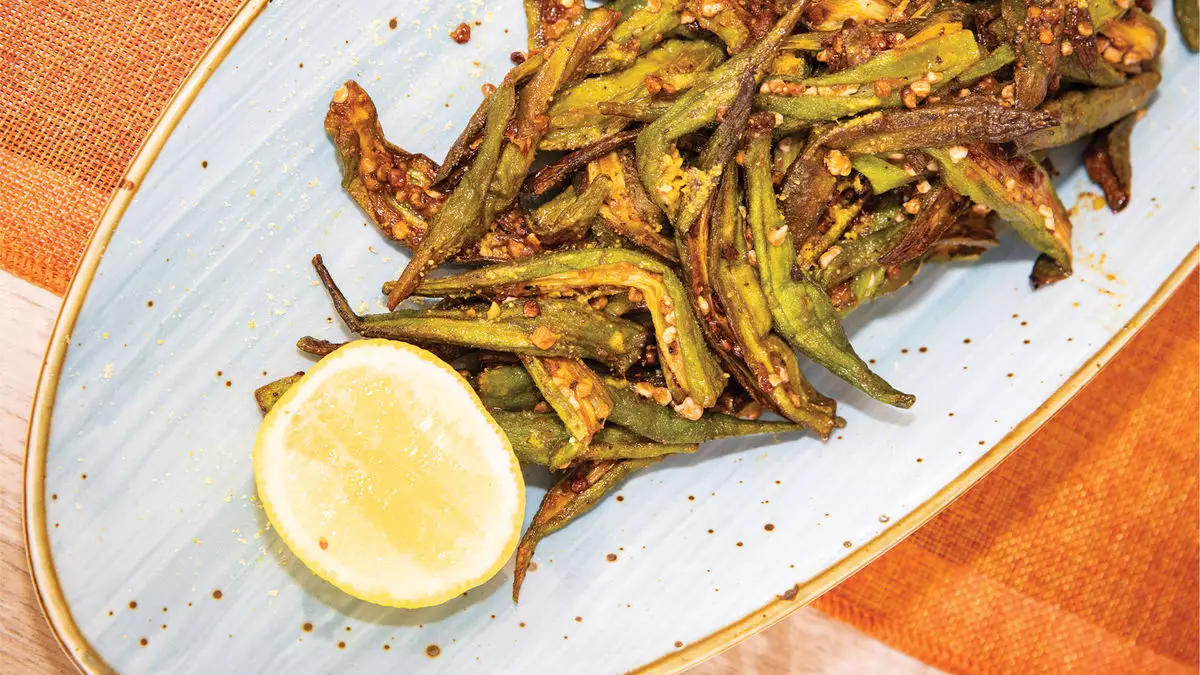In the ever-evolving world of culinary arts, few names resonate as deeply as Kwame Onwuachi. Since the launch of his acclaimed restaurant Tatiana at Lincoln Center, Onwuachi has established a reputation as a chef whose talent is matched only by his understanding of cultural heritage. Nearly two years into Tatiana’s success, it remains one of New York City’s premier dining experiences. Onwuachi’s culinary journey, marked by accolades including a James Beard Award, distinguishes him as a key figure in American gastronomy. His appearances on “Top Chef,” both as a contestant and judge, have only solidified his status, making him a sought-after name in food and culture.
Hosted by Salamander Middleburg in Virginia, The Family Reunion is more than just a festival; it’s a celebration of Black culture through the lens of food. This annual gathering not only draws influence from Onwuachi’s heritage but also incorporates the rich tapestry of African American voices in culinary spaces. The event, which takes place each August, highlights the contributions of Black chefs, artists, and thinkers who have shaped and continue to influence the culinary landscape in the United States. The luxurious backdrop of Salamander Middleburg, a sprawling 340-acre resort co-founded by Sheila Johnson, serves as a fitting canvas for this artistic enterprise, where attendees are invited to feast and connect.
This year, guests were treated to a family-style lunch that evoked the warmth and camaraderie of a traditional family gathering. Lush greenery surrounded us as we dined under a spacious tent, immersed in a sensory journey crafted by Onwuachi. The dishes that emerged from the kitchen weren’t merely meals; they were autobiographical statements reflecting Onwuachi’s Afro-Caribbean roots and diverse culinary background shaped by growing up in New York.
Among the delightful offerings was a shawarma roasted chicken served on a bed of turmeric lamb rice. This dish doesn’t just represent food; it symbolizes the interplay of cultural experiences — a potent reminder of New York’s vibrant street food scene, particularly the beloved halal carts dotting its streets. The chicken’s perfectly roasted skin and the aromatic rice altogether paid homage not only to Onwuachi’s heritage but also to the culinary landscape that shaped him.
The meal continued to enchant with a repertoire of dishes. There was a brown stew branzino served alongside rice and peas, infused with cilantro and onion, each element echoing Caribbean culinary traditions. An inventive piri piri salad with fresh cucumbers, creamy avocado, and a tart gooseberry dressing sparked excitement, proving that each plate delivered unexpected bursts of flavor.
Yet, perhaps the most surprising dish was the crispy okra. Known to be a divisive vegetable among diners, Onwuachi’s preparation redefined expectations. Lightly fried and dressed in a tangy honey and mustard sauce, the seasoned okra captured the attention and taste buds of each diner, effectively transforming skeptics into devotees.
As the festival evolved, so did the culinary excitement. The subsequent day of The Family Reunion unveiled a sneak peek of Dogon, Onwuachi’s latest venture. Though it opened subsequently at Salamander Washington DC, the preview dishes stirred palpable anticipation amongst festival attendees. Noteworthy was the curried branzino paired with mushroom étouffée, presenting a modern take on traditional flavors.
Yet, what truly captured everyone’s attention was Onwuachi’s potential game-changer: the Not Potato Salad. Defying expectations of a classic picnic dish, this gourmet interpretation featured smoked oyster remoulade, pickled celery, and beautifully soft-boiled eggs. It was a masterclass in elevating simple ingredients into extraordinary fare.
As the festival drew to a close, the impact of Onwuachi’s presence was undeniably felt. The Family Reunion was not merely a culinary event; it was a veritable platform elevating the conversations around race, culture, and food. Onwuachi and Salamander Hotels & Resorts have positioned themselves at the forefront of these discussions, leading the charge for a more inclusive and culturally rich culinary narrative.
Kwame Onwuachi’s culinary artistry at The Family Reunion encapsulated the essence of community, culture, and celebration. By thoughtfully merging his diverse influences into mesmerizing dishes, he not only honors his heritage but inspires the next generation of chefs to engage deeply with their own narratives. As culinary landscapes continue to evolve, it is leaders like Onwuachi who ensure that the stories behind the food are as rich and compelling as the flavors themselves.

